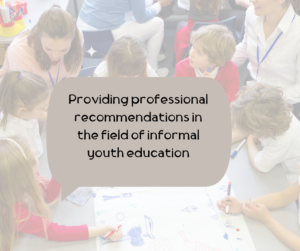THE EDUCATION COMMITTEE
The objectives of the committee have been principally two:
Providing professional recommendations in the field of informal youth education that address the needs of the Arab society in the next five-year government plan. Monitoring the implementation of government decisions 922 and 550 in addition to the utilization of budgets in the field.viding professional recommendations pertaining to formal youth education with an emphasis on content enhancement, increased budgetary allocations, school security, establishing new classrooms, and tapping into unused funds.
The committee is comprised of a range of stakeholders in the area of education in Arab municipalities, including senior municipal officials, directors of municipal education departments, directors of municipal youth departments, academics, and others. Members of the committee meet at least once a month and routinely extend invitations to senior officials from the Ministry of Education whose work focusses on both informal and formal education.
Since the update sent in April, the committee has engaged in the following activities:
1- Cooperation with the Forum of Youth Departments Directors.
In collaboration with Injaz members of the forum convened in May 2021, they have been working extensively on the development of the policy paper titled “Formal and Informal Education That Meets the Special Needs of the Arab society in Israel ”. which is part of a serious of policy papers that were submitted to the government as part of the preparations to Government Resolution GR 550.

3- Establishment of a consulting committee on the strategic process for construction of an educational program.
2- Monitoring the implementation of government decisions 922 and 550 in addition to the utilization of budgets in the field. The following recommendations of the policy papers were adopted in full to the Government Resolution GR550.
Maintaining the identity and heritage of Arab society and preparing Arab students for incorporation in Israeli society Informal education challenge program to include Arab students in mixed cities: Tel Aviv-Yafo, Haifa, Ramla, Lod and Akko.
The budget of the informal education challenge program aimed at local authorities to be maintained at 70 million shekels
The Adjustment of the ministry calls for proposals to meet the special needs of the Arab society in Israel. Giving the local authority broader options to choose the project through the limiting the Green Track options.
Enhance the relationship and the communication between the local authorities and the schools’ principles to improve the project in a way they meet the needs of the Arab society in Israel. However, the following recommendations of the resolution that are still under discussions. Cancelling the Green Track in informal education Challenges program (a track which requires local authorities to select courses and programs from the track”
In collaboration with the Ministry of Education we expanded of the Committee to include nine task forces, focusing the following key areas:
1. Informal education
2. Curriculum development
3. Facilities and infrastructure
4.Technological education
5. Early childhood education
6. Knowledge and skill achievement
7. Preparation for higher education
8. Eradication of violence
9. Quality of teaching staff
Meetings with ministries officials
Each of the task forces met regularly in the past several months and formulated recommendations relevant to its area of focus to be addressed in the new government plan, they carried out several meetings with government officials. It is important to note that a key meeting was held with the Director General of the Ministry of Education and members of the Education Committee on October 4, 2021.
